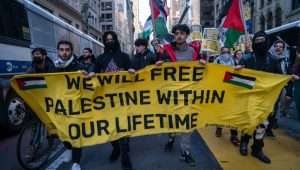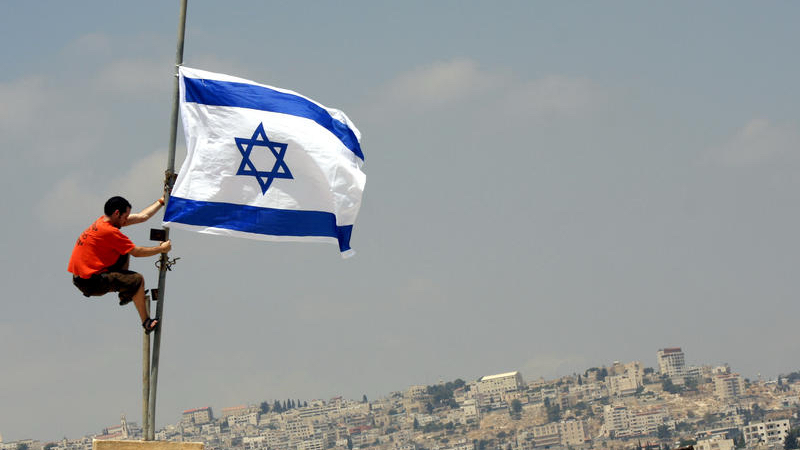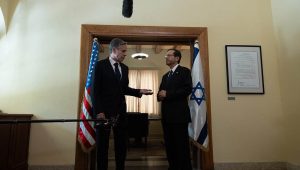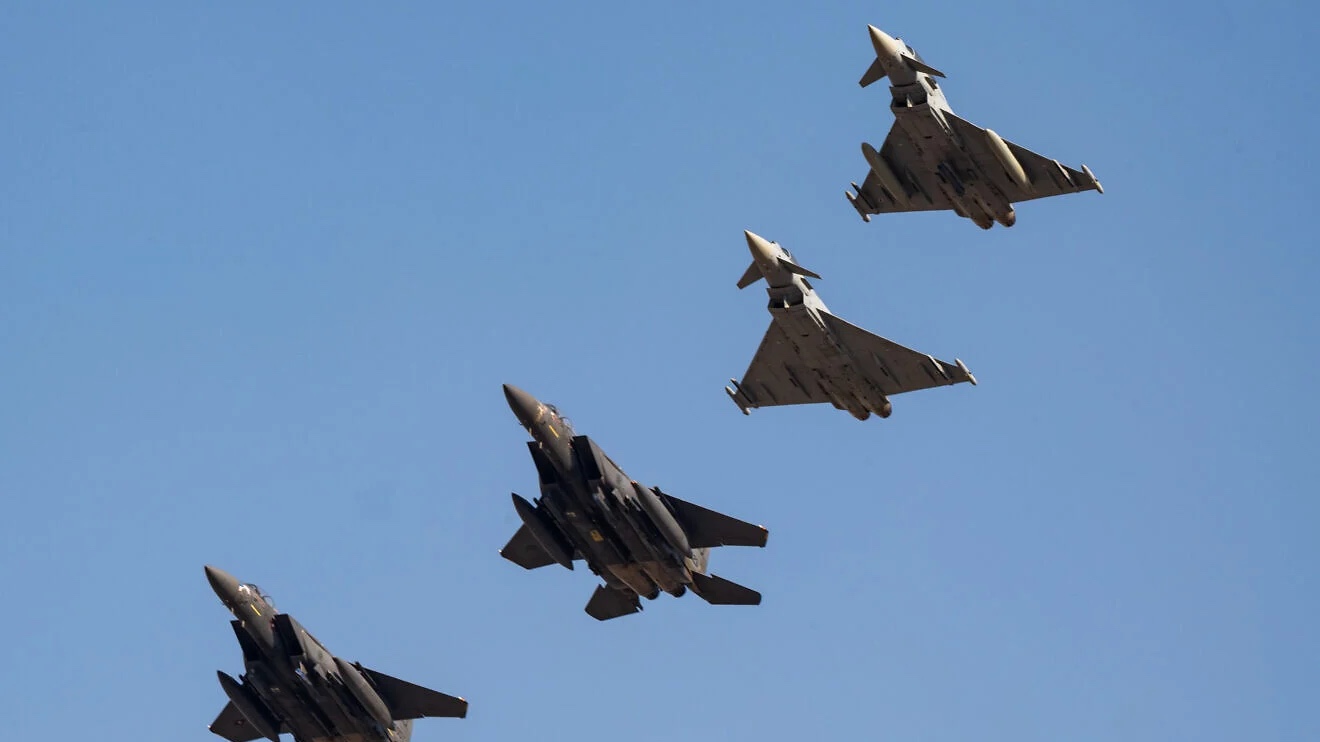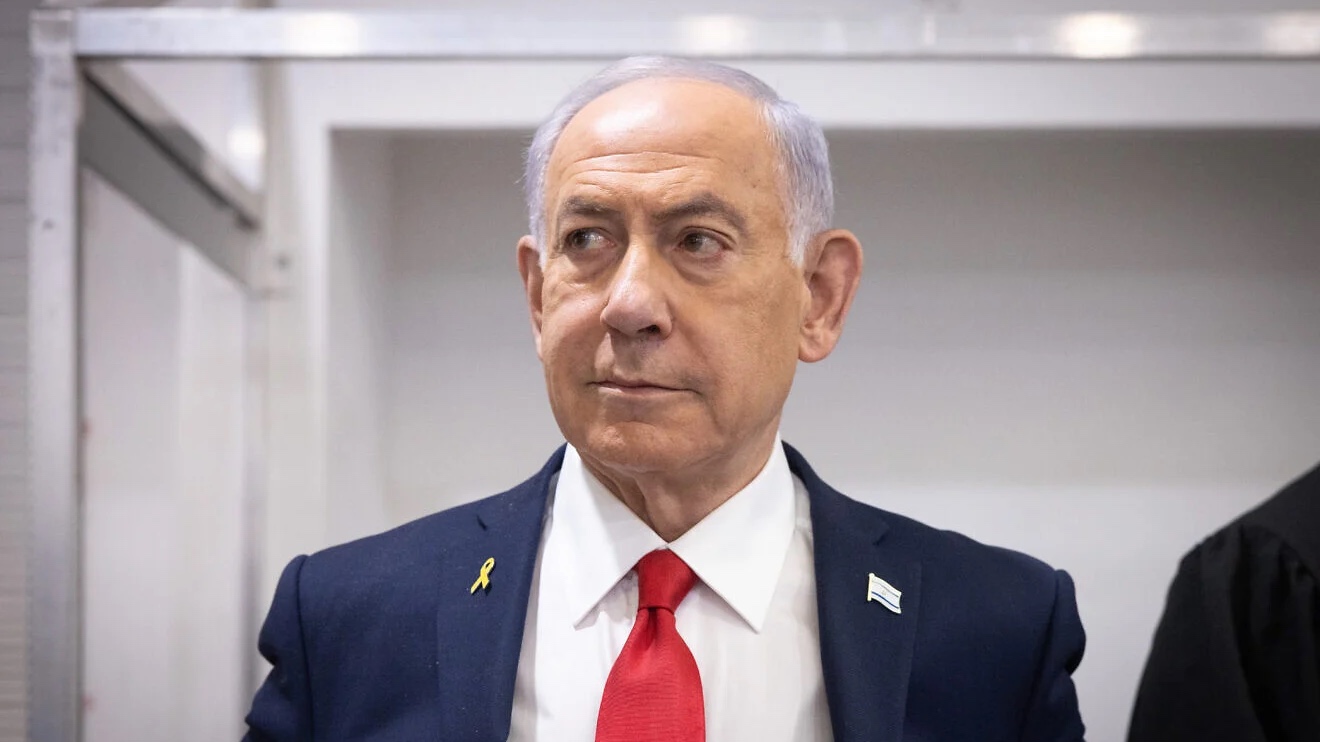(Jerusalem Center for Security and Foreign Affairs) As the French, the British, the Canadians and the Australians rush to recognize the “State of Palestine,” the question that must be asked is: What would this entity look like?
Based on the experience to date and empty rhetoric aside, the “State of Palestine” would most likely be yet another dictatorship.
In the Oslo Accords, the Palestine Liberation Organization committed to establishing a liberal democracy. Elections for the position of the Palestinian Authority chairman and parliament were meant to take place every four years. In practice, in 30 years, the PA has only ever held two elections for the position of chairman (1996 and 2005) and two elections for the parliament (1996 and 2006).
Current PA Chairman Mahmoud Abbas, who refers to himself as the president of the “State of Palestine,” was last elected in 2005 and is currently in the 21st year of his first four-year term.
Elections for the PA parliament last took place in 2006 and ended with a landslide victory for Hamas, the genocidal terrorist organization that planned and executed the Oct. 7, 2023, massacre.
In 2007, Abbas deposed the elected Hamas government and replaced it with a succession of governments run by members of his Fatah party. Since then, Abbas has adopted several decisions and measures to incorporate the PA institutions into the PLO institutions, thus guaranteeing that his Fatah party, which dominates the PLO, will forever remain in control.
Over the years, predominantly when under pressure from donor countries, Abbas has feigned calls for general elections for both the PA chairmanship and the PA parliament. However, once Abbas realized that his Fatah party would lose the elections, he canceled them.
Most recently, and as part of the basis for French recognition of the “State of Palestine,” Abbas wrote to President Emmanuel Macron to confirm his ostensible commitment to democracy and elections “in order to rejuvenate Palestinian governance.”
Hamas, the Popular Front for the Liberation of Palestine (PFLP) and other internationally designated terrorist organizations should never have been allowed to participate in any Palestinian election. Abbas’s demand back in 2005 to allow them to participate was a clear breach of the Oslo Accords.
Since Hamas rejects the “PLO political platform,” it would initially seem that Abbas is going to tailor the “new party legislation” in a manner that would exclude Hamas from participating.
However, Abbas knows that the Palestinian people would reject a measure of this nature. Thus, in the run-up to the election, he is hoping that Hamas will show sufficient, albeit false, flexibility and will be willing to issue any mealy-mouthed acceptance of the PLO’s platform.
Behind closed doors and as an integral part of the move to hoodwink the French, the British, the Canadians and the Australians, Abbas will explain to Hamas that there is no reason to object to issuing the statement since the PLO has never abandoned its commitment to destroy Israel.
Needless to say, the very idea of issuing “new party legislation” in the run-up to elections that would ostensibly ban the largest party, one that enjoys the most significant popular support among the Palestinian people, is far from being democratic.
In this manner, Abbas hopes to “rejuvenate Palestinian governance” by holding elections with the participation of a limited group of parties, his being the biggest.
Human rights
Over the last 30 years, the international community has donated hundreds of millions of dollars to promote human rights in the PA, yet it is unclear what exactly has been achieved. As the JCFA has already noted, between 2007 and 2023, the European Union alone donated over €1.81 billion (about $2.1 billion) to promote “gender equality.”
Despite the substantial contribution, women living in the PA still face institutionalized discrimination. Perpetrators of “honor killings,” in which a male kills his female relative based on a suspicion of sexual impropriety, are still prevalent and still enjoy lenient sentences.
While women are still discriminated against, their situation is still far superior to that of members of the LGBTQ community.
Since the “State of Palestine” would be unlikely to differ substantially from the PA, it is reasonable to assume that the new state would similarly view homosexual activity as “a violation of the highest ideals and values of the Palestinian society.” Members of the LGBTQ community will continue to be persecuted and subject to punishment of up to 10 years in prison.
The most anti-Jewish state in the world
As the French, British, Canadians and Australians know well, for decades, the PLO and the PA have run the most extensive program to promote, incentivize and reward terror.
As part of this program, the PLO and PA have paid billions of dollars over the years to reward imprisoned terrorists, including murderers, and to the families of dead terrorists, including the families of terrorists who carried out suicide bombings to murder Jews.
Since the French, British, Canadians and Australians did not condition the recognition of the “State of Palestine” on the total abolition of this policy, often referred to as the “pay-for-slay” policy, it can only be assumed that the new state would see the recognition as condoning the practice.
Having systematically demonized Jews and fermented Jew-hatred, it is not surprising that the Palestinians reject any concept of a Jewish presence in the “State of Palestine.”
Clearly articulating this principle, in 2013, Abbas presented his vision for the “State of Palestine,” saying without hesitation that “In a final solution, we would not see the presence of a single Israeli—civilian or soldier—on our lands.”
Economy
In addition to being a dictatorship, the “State of Palestine” would inevitably become an economic train wreck.
Instead of developing industry, promoting innovation and establishing a functioning economy, for the last 30 years, the PA has existed on handouts from the international community and revenue Israel agreed to waive, as part of the Oslo process, to buy peace.
According to financial reports published by the PA, domestic tax revenue accounted for only 22% of the PA’s total revenue, while the taxes waived by Israel accounted for an additional 68%.
According to other statistics published by the PA, the Palestinian economy is almost entirely dependent on trade with Israel. Those statistics show that on average, 85-90% of PA exports are sold to Israel, and 55% of its imports come from Israel.
In addition to its dependence on Israel as a market for exports and source of imports, since the PA never developed its domestic economy, the Palestinian workforce is heavily dependent on Palestinians working in Israel.
According to a 2023 Q1 Labor Force Survey issued by the Palestinian Central Bureau of Statistics, 25% of the workforce was unemployed. The average monthly wage of those employed in the Palestinian public sector was 2,882 shekels ($823). Alongside them, 130,000 people, or 13% of those employed, worked in Israel, earning an average monthly salary of 6,270 shekels ($1,791).
Needless to say, the unilateral recognition of the “State of Palestine,” which would come in addition to the other fundamental Palestinian breaches of the accords, would negate the Oslo Accords and release Israel from all of its financial commitments to the PA.
An end to the ‘Palestine refugees’
For almost 78 years, the Arabs who fled the nascent State of Israel have been held in limbo. Their numbers have allegedly swelled from an original 711,000 to nearly six million people.
Over the decades, the Arab countries and the Palestinian leadership have refused to resettle them in their host countries, falsely promising them that one day they would demographically flood and democratically destroy Israel.
The so-called “right of return” of the refugees has become so sacrosanct that Abbas even rejected an offer to allow “Palestine refugees” to flee the Syrian civil war and find haven in the PA-controlled areas if it meant them relinquishing their “refugee” status.
As a positive note for Israel, unilaterally creating a “State of Palestine” would necessarily mean disbanding the terror-infested United Nations Relief and Works Agency (UNRWA). For the “State of Palestine” on the other hand, this would mean losing the billions of dollars that the agency spends providing for the “Palestine refugees.”
While the unilateral recognition of the nonexistent “State of Palestine” may placate some elements of the French, British, Canadian and Australian electorates, the reality would be a disaster.
“Palestine” would be a dictatorial, racist state that flouts basic human rights. From its creation, it would have a failed economy, having lost 65% of its funding that the PA received from Israel and the international aid it used to receive via UNRWA.
Recognition will not promote peace. Rather, it is rightly being perceived as a reward for terror and murder that will embolden the Palestinian leadership to continue their struggle to destroy Israel.
Originally published by the Jerusalem Center for Security and Foreign Affairs.




